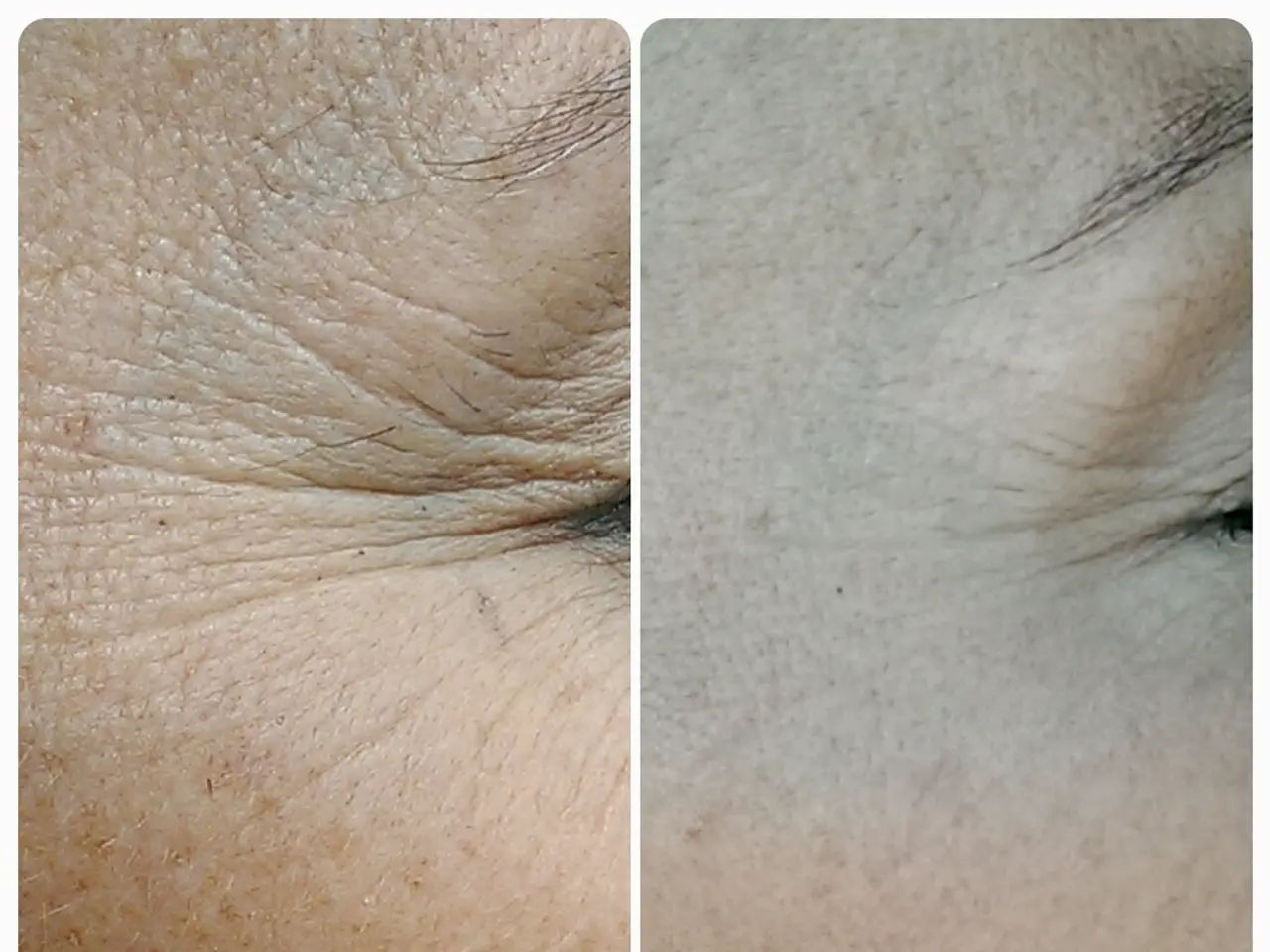AI in Dermatology: Expanding the Limits of Cosmetic Efficacy
Artificial intelligence (AI) is making a significant impact in the world of dermatology and cosmetics, transforming the way we approach skincare and diagnose conditions. This technological revolution is opening up new possibilities for personalized treatments, early disease detection, and enhanced consumer engagement.
Key applications of AI in this field include:
- Early Skin Cancer Detection: AI algorithms, particularly deep learning and convolutional neural networks (CNNs), are being used to analyze skin lesions with accuracy comparable to or exceeding dermatologists. For instance, the NHS-approved AI system DERM achieved a negative predictive value (NPV) of 99.8% for melanoma detection, helping flag suspicious lesions early and reduce unnecessary referrals.
- Personalized Cosmetic Formulation and Skin Analysis: AI can analyze unique skin patterns using smartphone cameras or IoT-based devices, offering dynamic, real-time skin diagnostics that adapt to lifestyle and environmental changes. This enables hyper-personalized product recommendations and customized cosmetic care.
- Clinical Workflow Enhancement: AI supports dermatology practices by automating administrative tasks such as appointment scheduling and billing, reducing wait times, and enabling better patient engagement through AI chatbots that provide 24/7 information and communication.
- Treatment Planning: AI helps dermatologists develop treatment strategies for conditions like hair loss and rashes, improving early detection and precision medicine.
The AI Skin Analysis market is experiencing rapid growth, with a current value of around $1.61 billion in 2025 and an expected reach of $7.75 billion by 2035. This growth is driven by improved diagnostic accuracy, personalized treatment needs, and integration with clinical and consumer skincare.
Examples of AI-based innovations in these fields include NHS-approved diagnostic tools like DERM for melanoma screening, AI-powered mobile apps that provide instant skin analysis, IoT smart beauty devices that track skin health over time, and AI-driven cosmetic formulation platforms that predict product efficacy.
One such innovation is AltheostemTM, developed by Provital. This senescence catalyst uses stem cells derived from the petals of Alcea rosea (rose mallow) and is capable of removing senescent cells from the skin to minimise dermatological aging processes. Provital has also developed an AI-enabled methodology to certify the anti-aging power of AltheostemTM.
In a study, the system analyzed 223,560 images of 70 volunteers aged between 45 and 65. The results showed a reduction of more than 3 years in the apparent visual age of all volunteers treated with AltheostemTM compared to those treated with a placebo.
This shift towards AI in dermatology and cosmetics is not only revolutionizing early disease detection and personalized skincare but also enhancing clinical efficiency and consumer engagement. As research and technological advancements continue, we can expect AI's impact in these fields to grow even further.
References:
[1] BBC News. (2020, December 16). AI system DERM can spot skin cancer as well as doctors, study finds. Retrieved from https://www.bbc.com/news/health-55278141
[2] Mintel. (2021, February 24). AI and the Future of Beauty. Retrieved from https://www.mintel.com/blog/beauty/ai-and-the-future-of-beauty
[3] McKinsey & Company. (2020, March 24). The future of dermatology: How artificial intelligence can transform the field. Retrieved from https://www.mckinsey.com/industries/pharmaceuticals-and-medical-products/our-insights/the-future-of-dermatology-how-artificial-intelligence-can-transform-the-field
[4] Provital. (n.d.). AltheostemTM. Retrieved from https://www.provital.com/en/product/altheostemtm
[5] Grand View Research. (2021, March 23). Artificial Intelligence in Skin Analysis Market Size, Share & Trends Analysis Report By Component, By Application, By Region And Segment Forecasts, 2021 - 2028. Retrieved from https://www.grandviewresearch.com/industry-analysis/artificial-intelligence-in-skin-analysis-market
- The integration of artificial intelligence in dermatology and cosmetics is not only revolutionizing early disease detection, such as skin cancer, but also personalized skincare and healthcare in general.
- Artificial intelligence is transforming the world of skincare and medical-conditions, offering innovative solutions for health-and-wellness, like the senescence catalyst AltheostemTM by Provital, which minimizes dermatological aging processes.
- Technology advancements in AI have led to the development of AI-based skincare tools like DERM, a diagnostic tool approved by NHS for melanoma screening, and AI-powered mobile apps that analyze skin conditions in real-time.
- As aging becomes a concern for many individuals, the market for AI in skin care is expected to grow exponentially, reaching $7.75 billion by 2035, driven by factors like improved diagnostic accuracy and personalized treatment needs.




